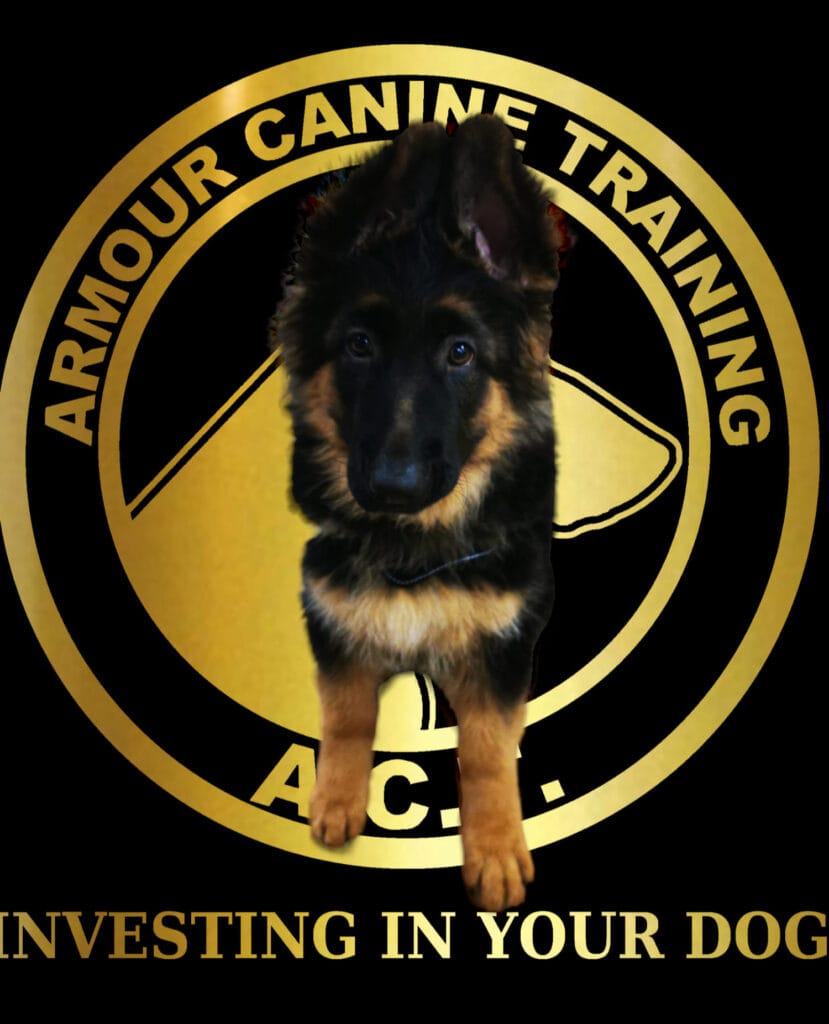Taking a dog training class is a significant investment, not just in your dog’s behavior, but in the overall quality of your relationship and communication. Even experienced trainers find value in these structured learning environments, as highlighted by personal anecdotes of investing in classes for various reasons, from honing existing skills to addressing specific behavioral needs.
My own experiences with three different dogs underscore this point. When I adopted Otto, an adolescent with an uncertain past, I enrolled in basic training classes to refine my own timing and coordination, ensuring I could effectively build his trust and encourage his willingness to work with me. Later, agility classes provided a fun outlet for Otto, allowing him to enjoy physical activity and develop confidence navigating obstacles. For Woody, a young puppy with a striking appearance, early socialization and obedience classes were crucial. The goal was to ensure he was well-behaved and attentive, regardless of his surroundings or the presence of other dogs, preventing any potential judgment based on his looks. Even Boone, my youngest, who missed out on early puppy classes due to circumstances, required adolescent classes to address his high-strung nature in group settings, revealing the ongoing need for training to help dogs relax and focus.
While the cost of dog training classes, particularly those held in well-equipped facilities, can be considerable, they are an expense I readily embrace. These classes are an investment in fostering strong communication, ensuring good behavior in all public settings, and promoting my dogs’ comfort and safety. The aim is for them to be confident and well-mannered companions, whether we are staying in a hotel during an evacuation or visiting friends. Crucially, this ensures that our arrival is met with anticipation, not anxiety about potential disruptions to their homes or concerns for their pets and children.
Beyond Puppyhood: The Universal Benefit of Training
Despite the clear advantages, it’s a common observation that many dog owners forego formal training classes unless they have a new puppy or are grappling with a significant behavioral issue. While I haven’t encountered statistics on this, my anecdotal evidence suggests a low participation rate in organized dog training.
Frequently, friends and family seek advice on common canine concerns such as separation anxiety, leash reactivity, excessive barking, or pulling. My consistent recommendation is to consult a local trainer and enroll in a basic training class. However, the typical response is, “We don’t need a class; it’s just this one problem.” In my opinion, even a basic understanding of training principles could significantly improve not only the specific problematic behavior but also the entire dynamic of the human-dog relationship.
A foundational group training class can be likened to a high school speech class. It equips individuals with the tools for clear and effective communication, moving beyond frustrated outbursts and ineffective arguments to a place where needs are met and understood. A multi-week course can deepen the owner’s understanding of their dog and enhance their communication, fostering a clearer understanding for the dog about expectations. This, in turn, can alleviate anxiety that often underlies many behavioral issues.
Many owners seem to expect their dogs to intuitively understand English and behave impeccably in all situations by a young age. While most manage to teach basic cues like “sit” and “come,” and a semblance of leash walking, few can systematically teach a new behavior. For instance, teaching a dog to push a ball into a goal with its nose or to “wave” a paw requires an understanding of shaping behavior through well-timed markers and rewards. Mastering the fundamental steps for teaching any cue is transferable, enabling owners to teach a wide range of behaviors. This is precisely the skill set that basic training classes impart.
I am keen to hear from our readers: Have you participated in any dog training classes with your current canine companions? If so, what types of classes have you taken? And if not, what are your reasons for not pursuing them?
[
